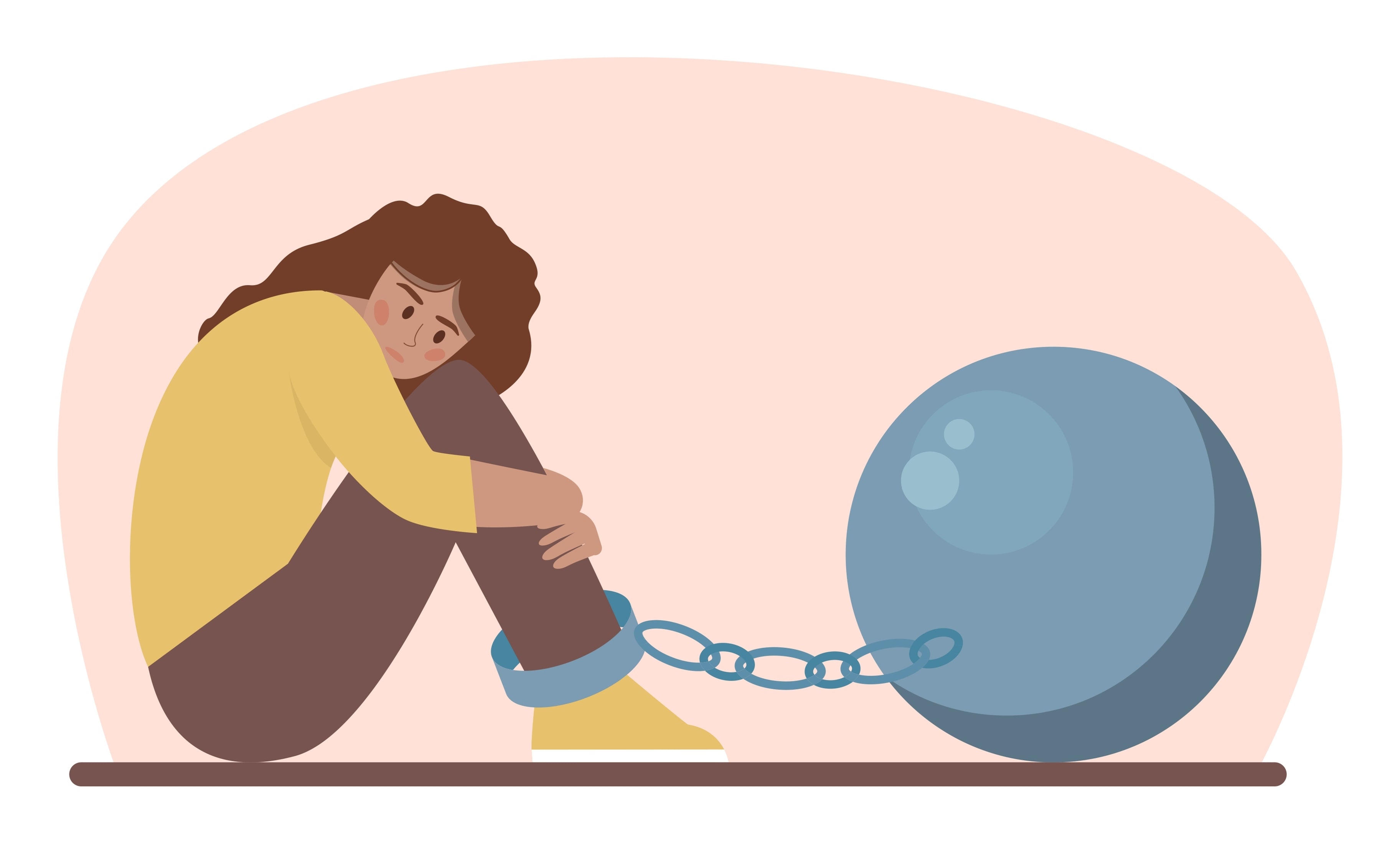Nicotine is a highly addictive substance produced by the tobacco plant. It is found in products such as cigarettes, e-cigarettes, chewing bags, sniffing tobacco, and other tobacco products. Excessive use of these products is referred to as nicotine abuse. We want to show you what symptoms nicotine abuse entails and what consequences you should expect.
What is meant by nicotine abuse?
Nicotine abuse occurs when nicotine-containing products are used excessively and the body cannot function without them. Nicotine causes certain hormones, such as dopamine (the “feel-good” hormone), to be released more strongly, giving you a sense of relaxation and calm. It also increases alertness and concentration. This brief state is known as a “nicotine flash.”
The body begins to produce more dopamine receptors to maintain continuous production. The more receptors there are, the more nicotine the body requires to achieve the same effect. This leads to dependency.
Nicotine abuse sets in when you lose control over consumption and cannot go without nicotine. If you stop or reduce use suddenly, your body reacts with withdrawal symptoms such as concentration problems, circulatory issues, nervousness, irritability, depression, and headaches. For this reason, the relapse rate with tobacco products is especially high. The onset of abuse depends on your body’s tolerance.
What causes it?
People use nicotine products for various reasons. In teenagers, it’s often curiosity or peer pressure; in adults, boredom or stress relief. Nicotine products are also seen as a reward since they boost “feel-good” hormones. As mentioned, the body quickly becomes dependent and requires regular intake.
What are the symptoms?
The most common symptom is a strong craving for tobacco products. If this craving isn’t satisfied, the brain responds with stress, restlessness, and increased irritability. Long-term nicotine abuse can lead to serious health issues such as cardiovascular disease, circulatory disorders, heart attacks, diabetes, or cancer.
Overview of nicotine abuse symptoms:
● Strong craving for nicotine
● Limited control over consumption
● Body develops tolerance and requires higher doses
● Consumption cannot be stopped without withdrawal
● Daily activities are neglected
How to prevent it?
The most effective way to prevent nicotine abuse is to never start using. If it’s already too late, you should begin a smoking cessation. Abrupt cessation works for few, so many doctors recommend gradually reducing nicotine intake. With cigarettes it’s hard to control nicotine levels.
Products like chewing bags or nicotine pouches are better options as they come in varied strengths. You can find mild to extremely strong variants, and even nicotine-free CBD alternatives. They allow a gentle taper to full abstinence.
Nicotine abuse – nicotine dependence is no joke
Nicotine abuse means the body cannot function without nicotine products and experiences intense cravings. If nicotine use is stopped or reduced, withdrawal symptoms like irritability, anxiety, depression, and concentration issues appear.
Long-term nicotine abuse leads to serious health consequences. To achieve abstinence, gradual reduction is more successful than abrupt stop. Products with varying nicotine levels, such as chewing bags or pouches, are ideal for tapering off.


